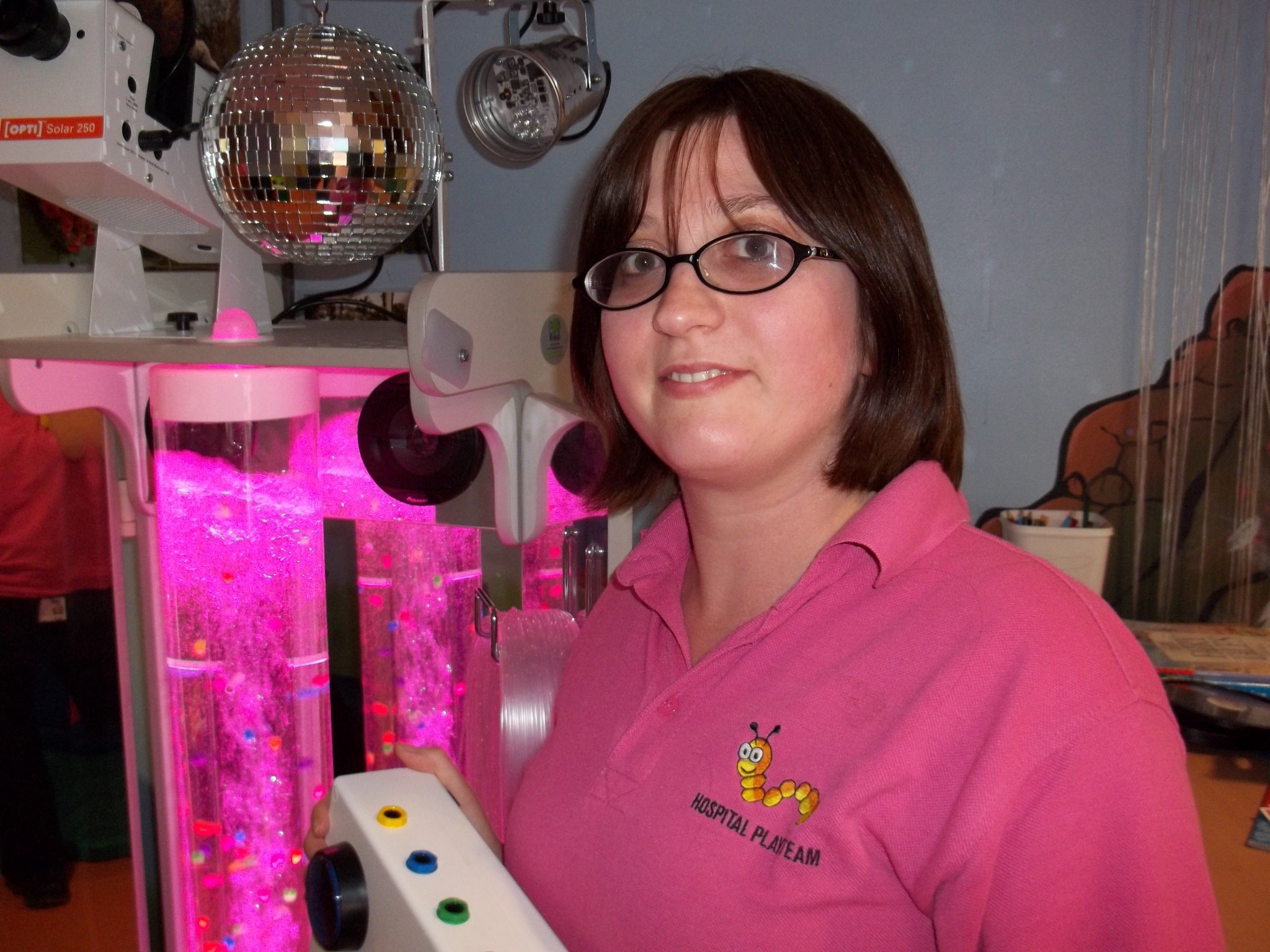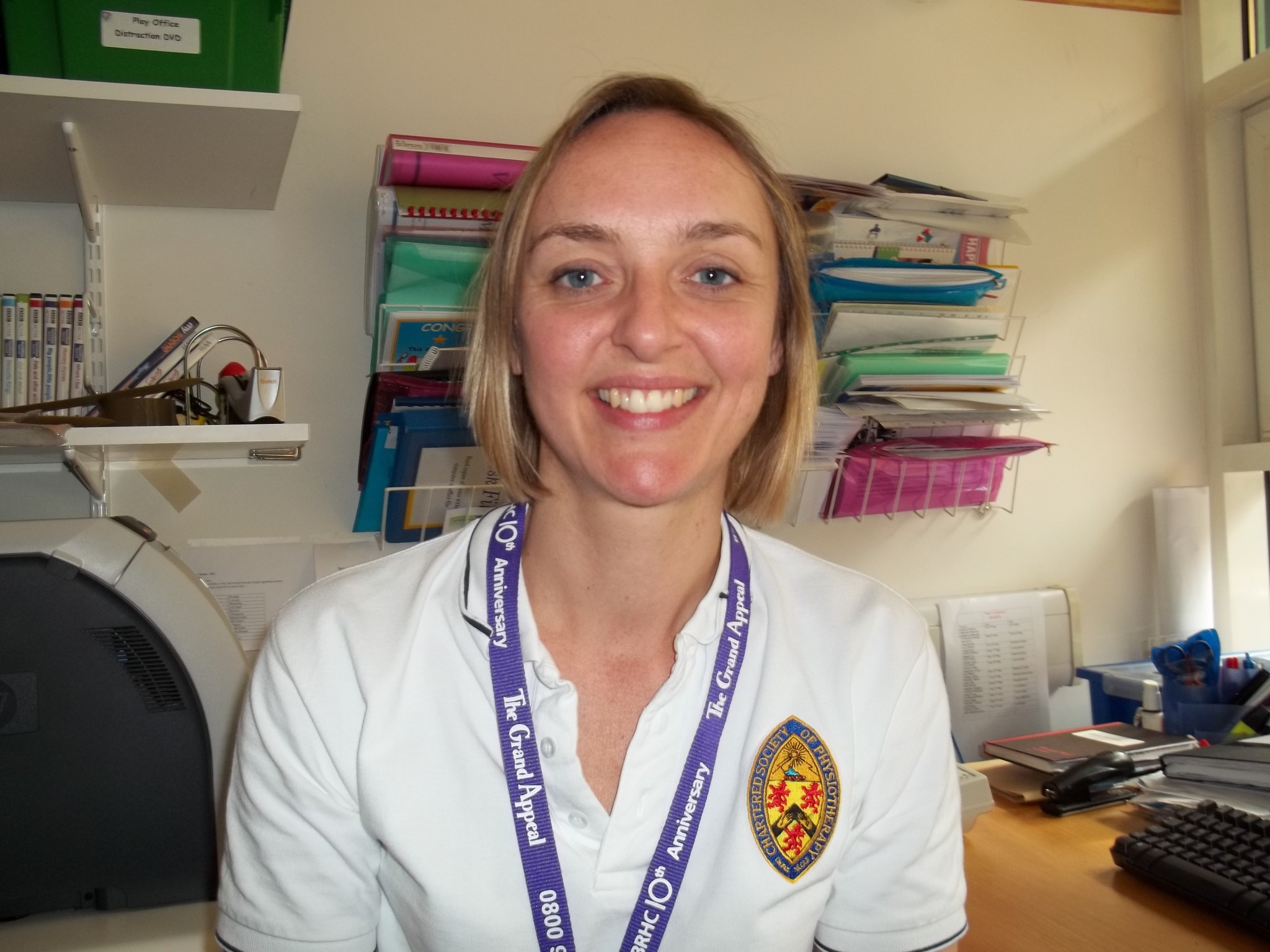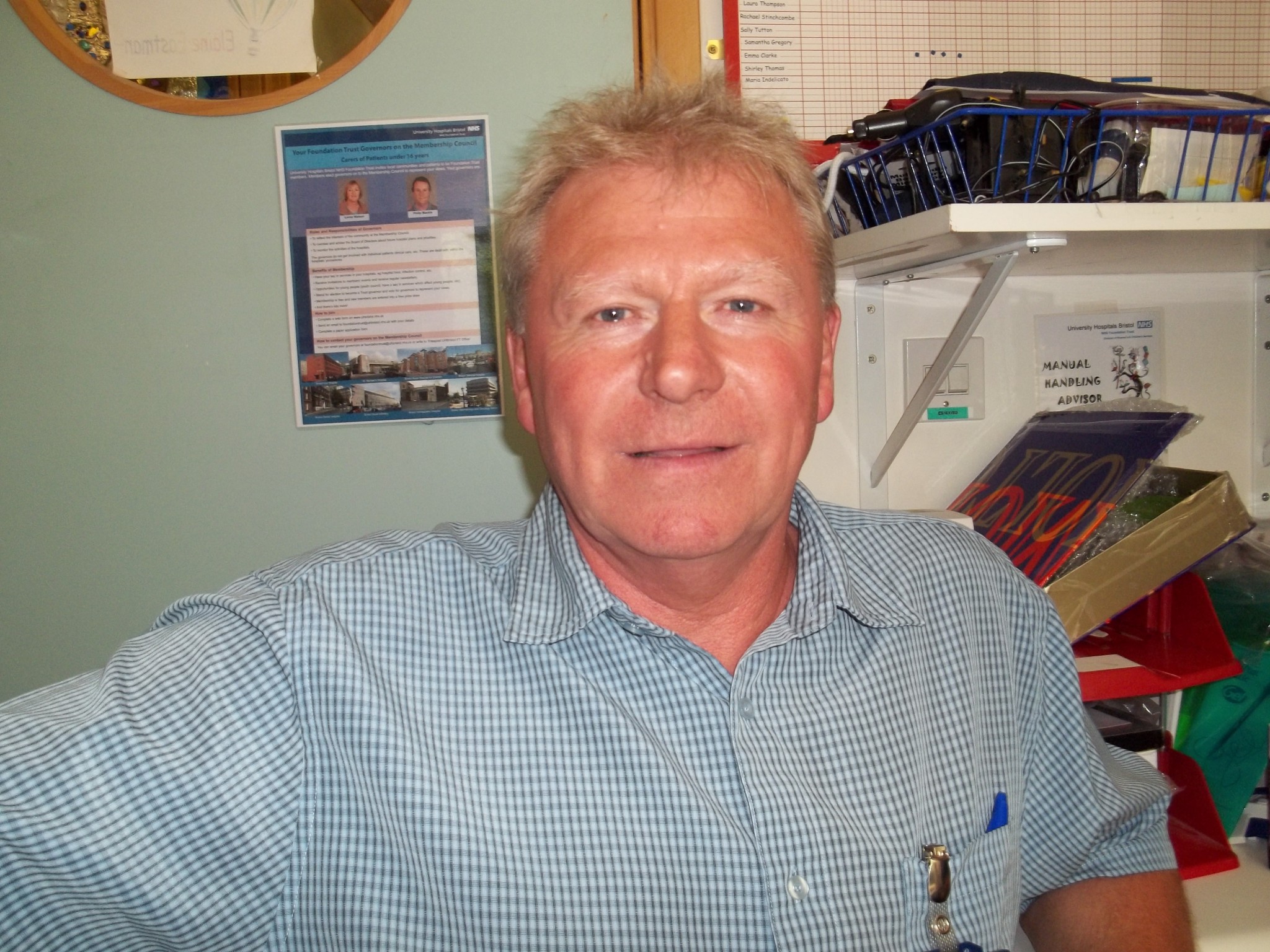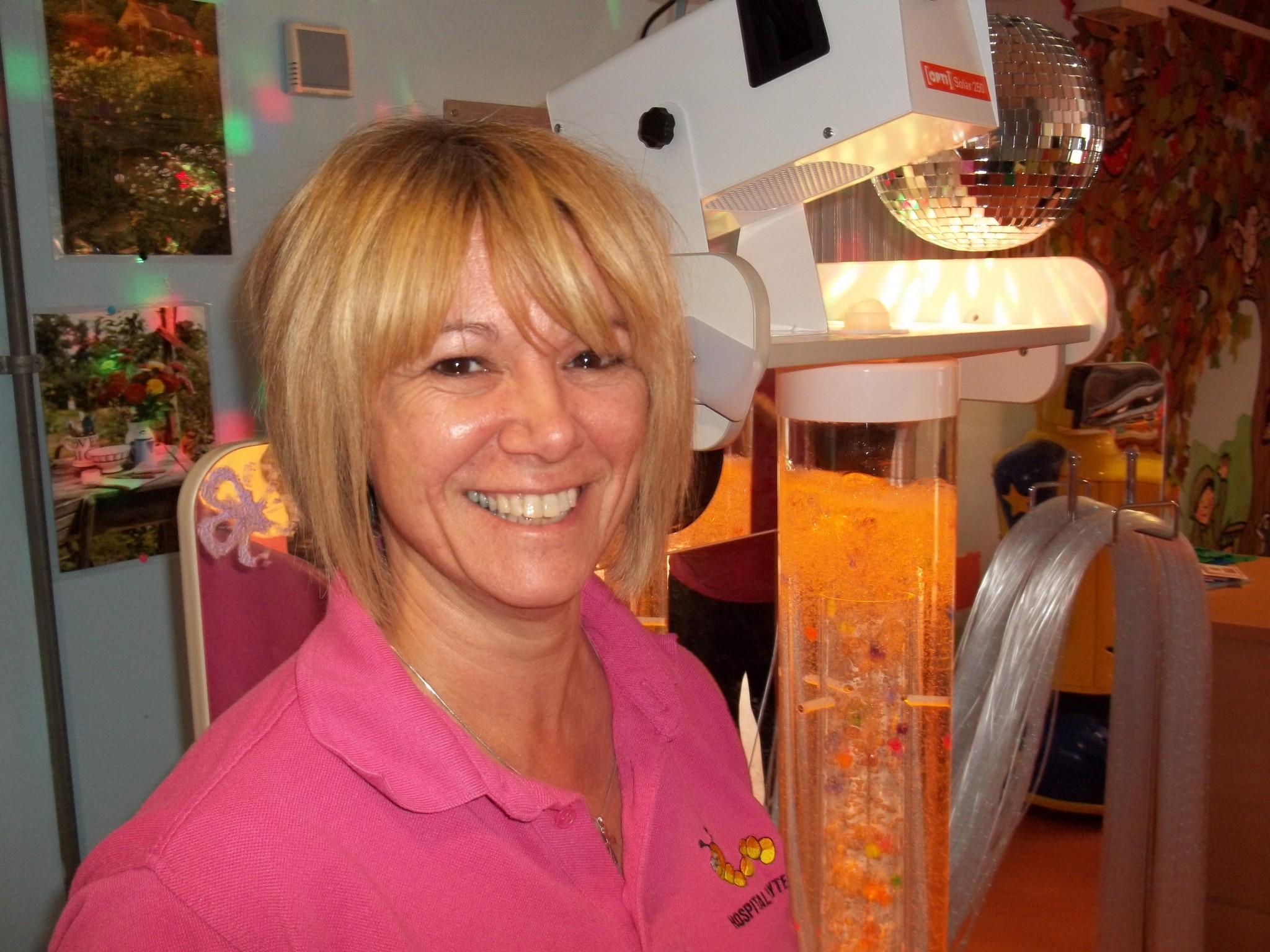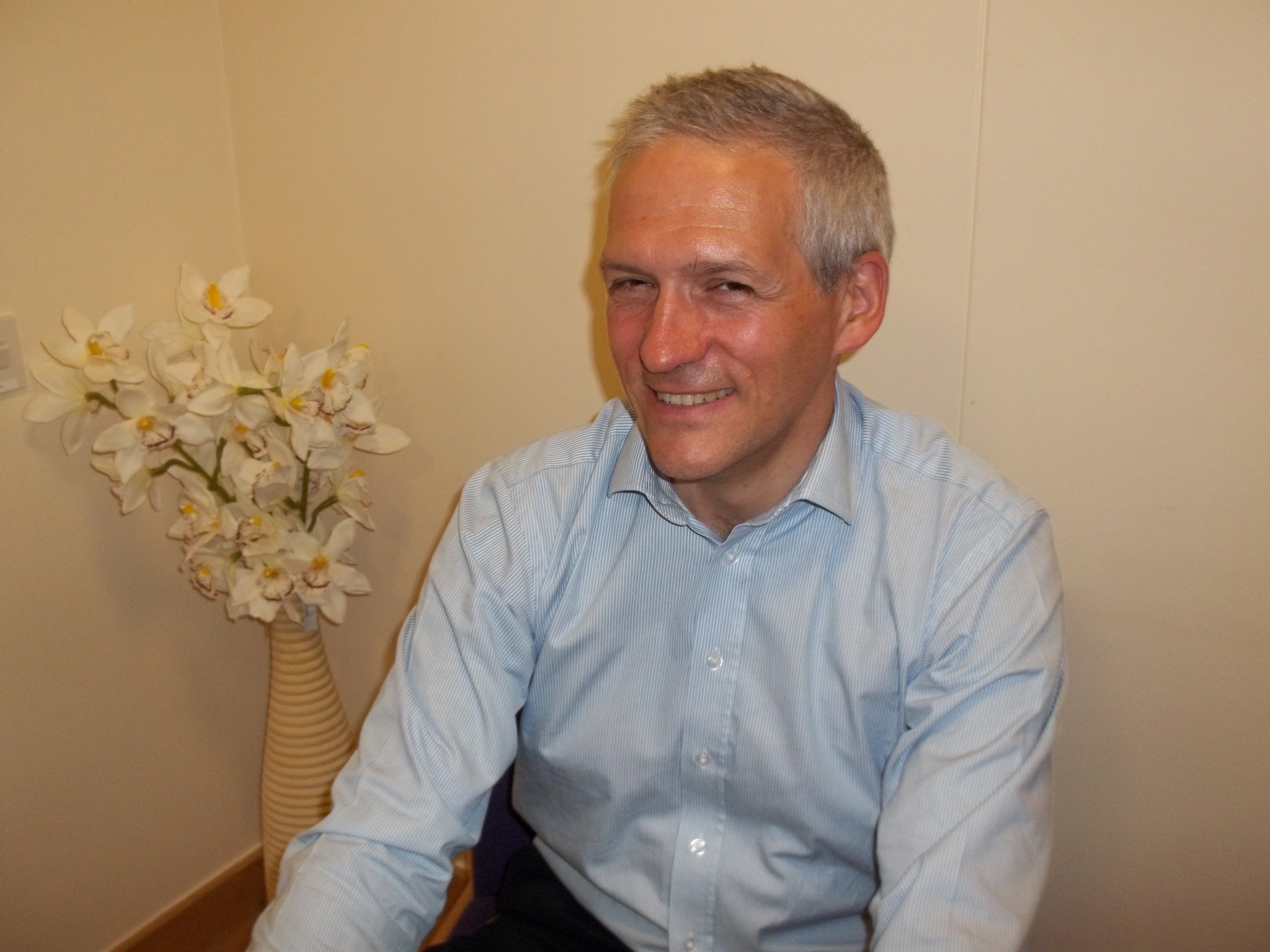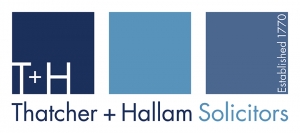Our first port of call, is to help the children to cope with different procedures, and make the child’s stay a little smoother and easier. Additional to this we work as a close team of multi- disciplinary professionals (Speech Therapists/ Physiotherapists/ Occupational Therapists/ Schools), by working alongside each other for the individual child’s progress.
Play Specialist’s make the child’s learning a little more fun, while achieving the same results/ goals as the other departments. “Time Is Precious” will make a huge difference to assist children’s rehabilitation.

